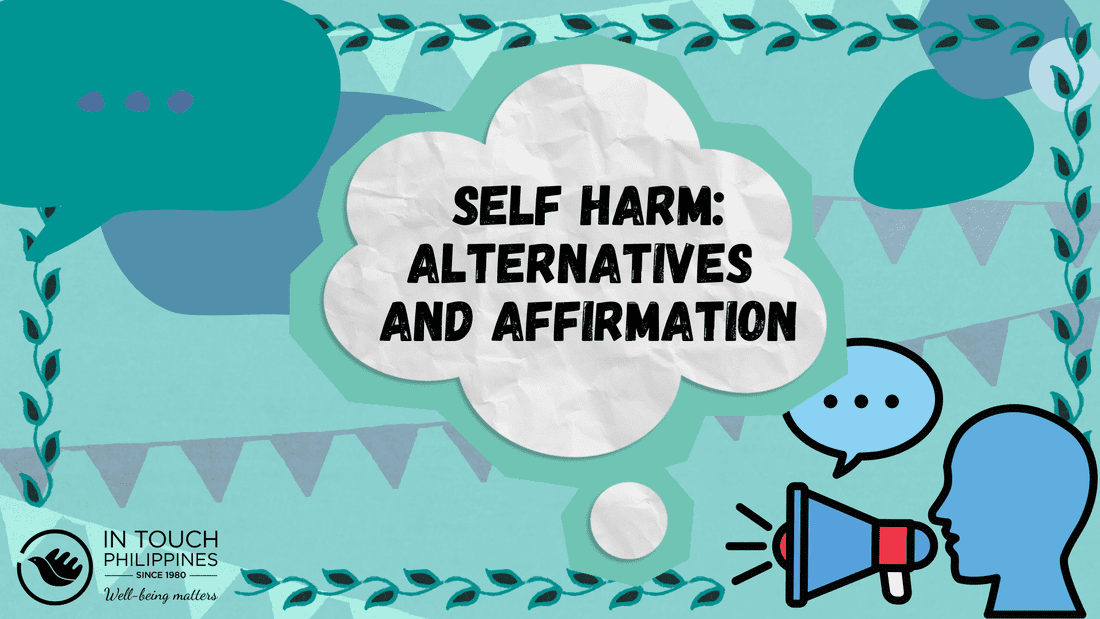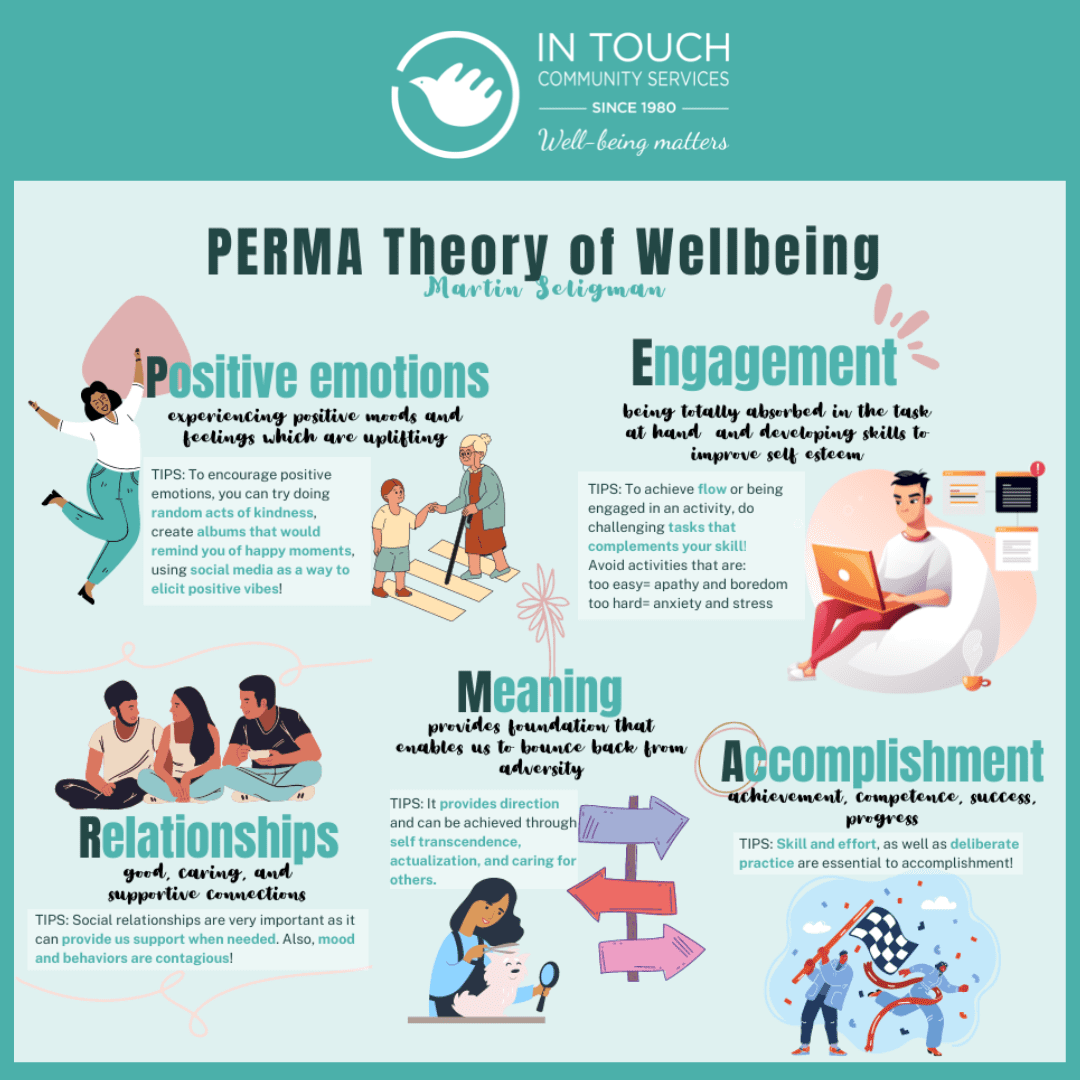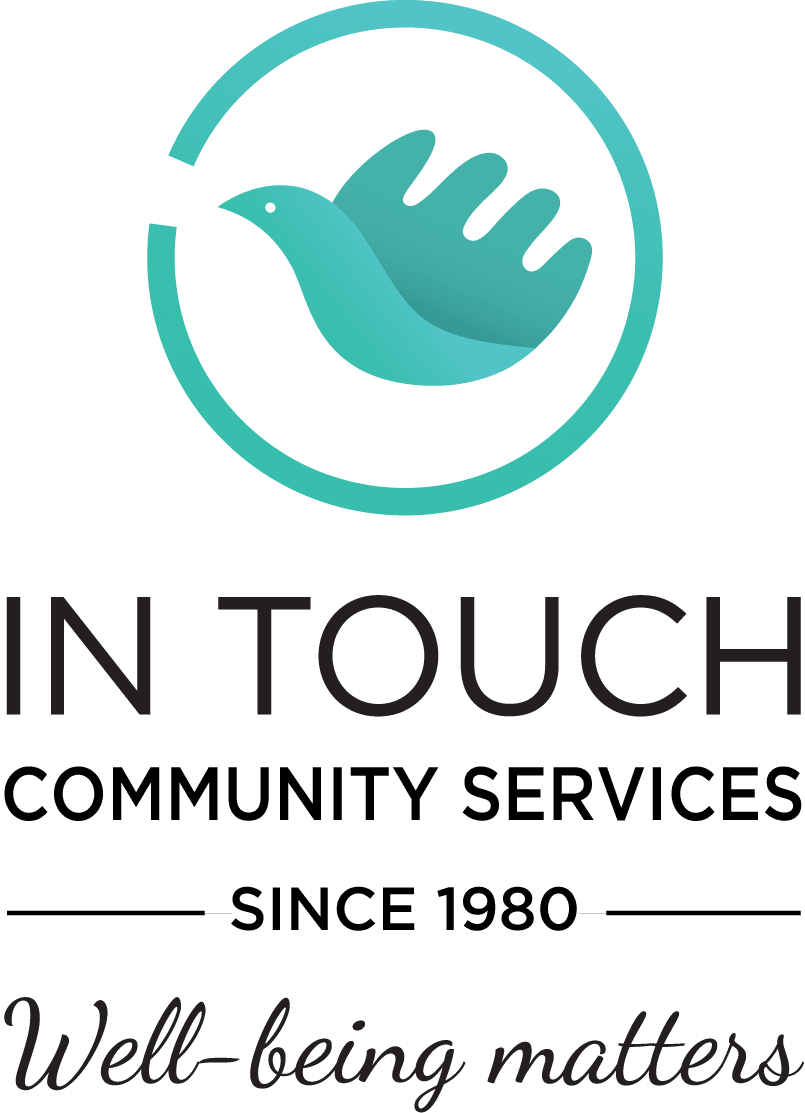


In Touch Introduces Penelope Case Management System
We are pleased to announce that our Penelope Case Management system is now LIVE.

In Touch Conducts Seminar for Lyceum Guidance Counselors, Faculty
In Touch has specially designed the training to ensure takeaways included learning different tools that will help trainees provide a safe space for people to

Self-Harm Alternatives and Affirmations
It may seem to injure oneself is the only option but there are other ways you can cope during this pandemic.

Family Matters: Impact of Family Relationships on Your Mental Health
Family: they’re the people in your life who know you best and love you anyway.”
- Phil Dunphy, Modern Family

PERMA Theory on Well-being
in Touch Volunteers attended Bridging Mental Health: The Pursuit of Well-being webinar series by Makati Medical Center, last October 2022. From these webinars, we came

How to Show Up When You Have 0% Motivation
Not “in the mood” to start exercising? Struggling to put in your hours at work? Dragging yourself to the next to-do on your list? Then




